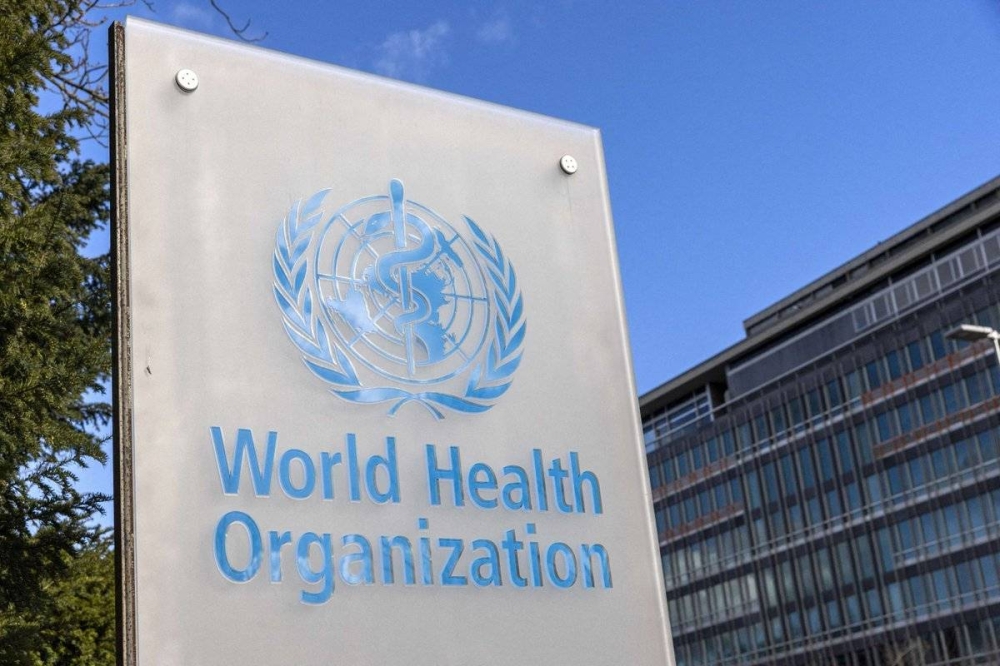
The World Health Organization (WHO) recommended Monday that countries affected by a new strain of monkeypox (mpox) that recently emerged in Africa launch vaccination plans in areas where the disease has been detected.
In a statement, the WHO indicated that it had issued new recommendations targeting countries experiencing an outbreak of the epidemic, including the Democratic Republic of the Congo, Burundi, Kenya, Rwanda, and Uganda, noting that the recommendations it had issued to all countries to prepare national control plans or maintain surveillance capabilities are still in effect.
The WHO also issued recommendations, including advancing mpox vaccination activities in the context of outbreak response in areas with incident cases, targeting people at high risk of infection.
Regarding international traffic, the WHO recommended establishing or strengthening cross-border collaboration arrangements for the surveillance and management of suspect cases of mpox and the provision of information to travelers and conveyance operators.
The WHO stressed the need to implement this without resorting to general travel and trade restrictions unnecessarily impacting local, regional, or national economies.
The organization urged affected countries to establish or strengthen mechanisms to coordinate emergency response at national and local levels, enhance disease surveillance and monitoring, differentiate between strains, and report infections to WHO "in a timely and weekly manner."
In addition, the organization urged improved research, preventing stigma associated with the disease, and improving the skills of health workers in addressing monkeypox, while providing them with personal protective equipment.
African Medicines Agency announced Saturday that a total of 18,737 probable or confirmed cases of mpox had been recorded in Africa since the beginning of 2024.
The increasing number of mpox cases in the Democratic Republic of the Congo, driven by the 1B strain that has been recorded in Burundi, Kenya, Rwanda, and Uganda, prompted the WHO to declare the disease a "public health emergency of international concern" on Aug. 14, the highest level of warning the organization can issue.
The WHO declared a public health emergency in 2022 when the pandemic spread through the 2B strain around the world, before raising the highest level of alert in May 2023.
